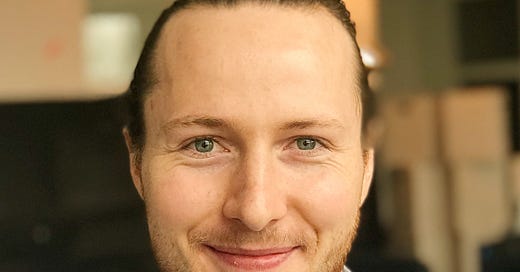Knowing without seeing
Now, the moment I write this is important. Being someone in the now is something that we only understand more and more difficult. Just this morning an acquaintance published an article about this and mentioned the books of Ram Dass. But that's not what I want to talk about today.
I always try to make my world clear to others and sometimes this is very …
Keep reading with a 7-day free trial
Subscribe to Anima Mundi to keep reading this post and get 7 days of free access to the full post archives.


